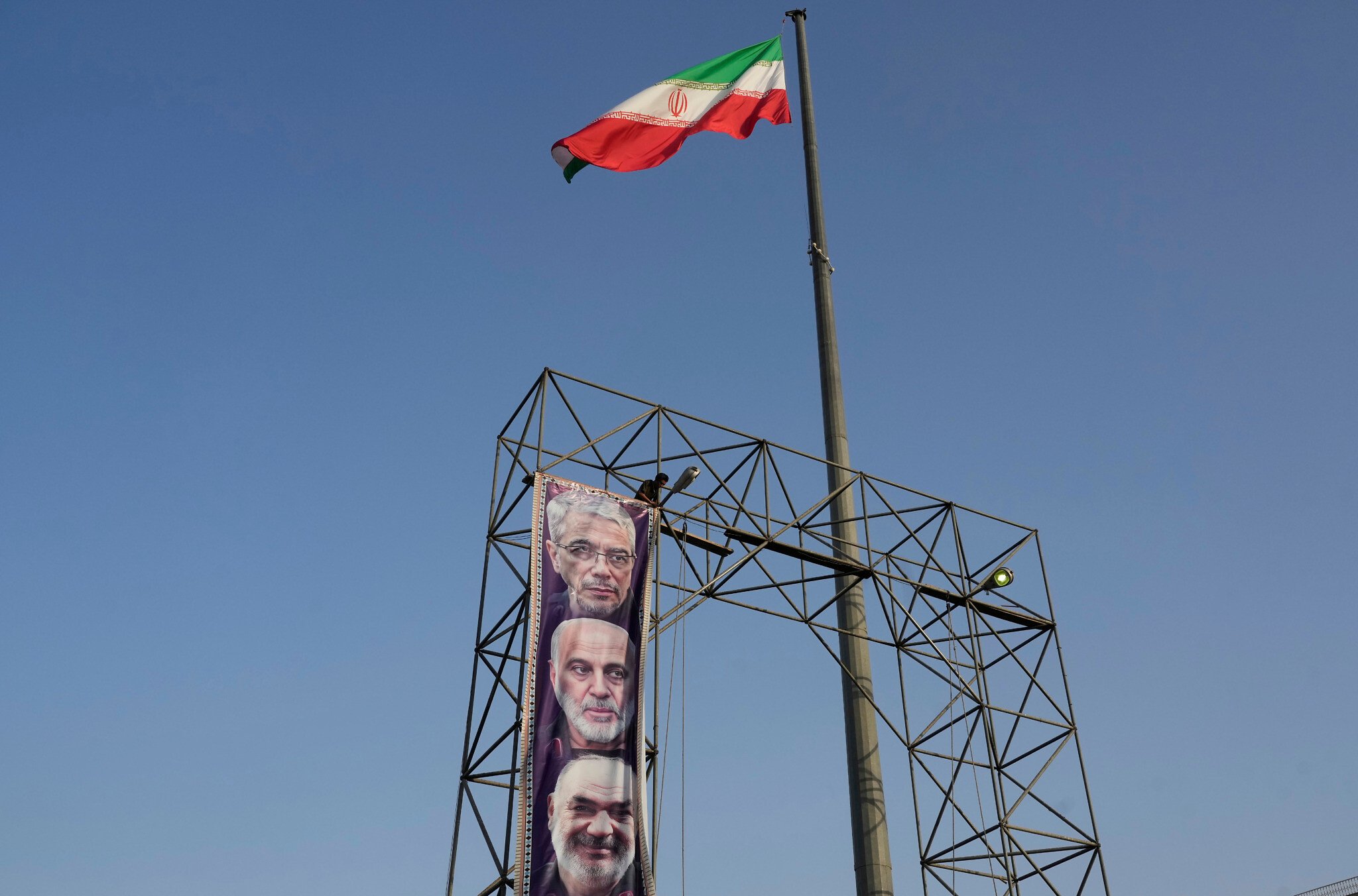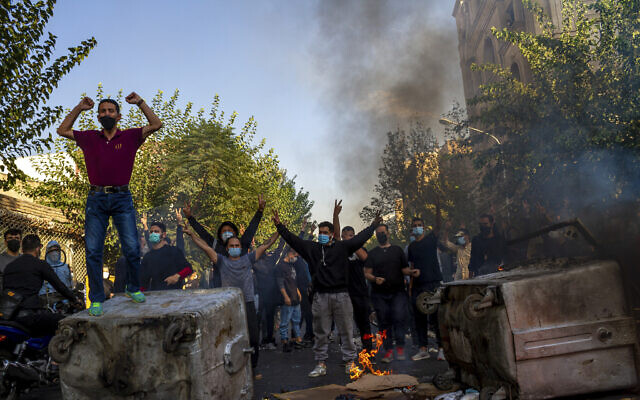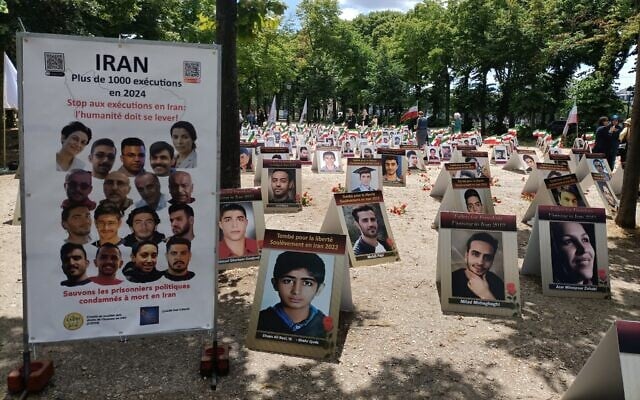


A woman held in prison in Iran for the past six months for writing anti-government slogans died Thursday after falling into a coma, rights groups said, accusing authorities of neglect.
Somayeh Rashidi, 42, died in hospital, state television in the Islamic Republic said, adding her death was caused by medical problems that existed before her arrest in April.
The Norway-based Hengaw rights group, however, said her illness and coma had been caused by the denial of medical treatment while held in Qarchak prison, a jail for women outside Tehran, notorious for its poor conditions.
It said she had been arrested for writing pro-protest slogans in a neighborhood of Tehran.
Rashidi was initially held at the city’s Evin prison and then moved to Qarchak, like many other women, following the Israeli bombing of Evin during the 12-day war in June.
“Neglect worsened her condition, leading to seizures and eventual coma,” Hengaw said.
The Iran Human Rights group (IHR), also based in Norway, said Rashidi “became seriously ill in prison, but despite repeated pleas from other inmates to transfer her to hospital, the prison authorities refused until she lost consciousness and fell into a coma.”
Both groups described her as a “political prisoner.”
The report on Iranian state television said she had died “despite the efforts of the medical personnel.”
Iranian authorities under Supreme Leader Ayatollah Ali Khamenei have pressed a crackdown in the wake of 2022-2023 anti-government protests, which activists say have intensified since the war with Israel.
The Iranian judiciary described her as a member of the opposition People’s Mujahedin (MEK), a group banned in Iran but whose political wing the National Council of Resistance of Iran (NCRI) has a wide base among exiles in Europe and the United States.
The judiciary said she had been previously arrested in 2022 and 2023 and on this occasion had been caught in possession of “special equipment.” It did not elaborate.

Without stating if she was aligned with the MEK, the NCRI said she had died as a result of “denial of medical treatment and the delay in her transfer to a hospital.”
“Denying political prisoners access to medical treatment by Khamenei’s henchmen is a well-documented and systematic crime, used to break and slowly kill prisoners,” it said.
The foundation of 2023 Nobel Peace Prize winner Narges Mohammadi, who is currently on leave from a prison sentence, said Rashidi’s death “is not an accident but the result of a systematic policy of neglect and cruelty inside Iranian prisons.”
According to a recent IHR report, Iran has executed at least 1,000 prisoners so far in 2025, in what the group described as a “mass killing campaign.”
At least 64 executions took place in the past week alone, an average of more than nine hangings per day, the NGO said, which counts and verifies executions in Iran on a daily basis.

With more than three months of 2025 still to go, the figure is already the highest since IHR began keeping records in 2008, topping the 975 executions recorded last year.
IHR emphasized that its figures for executions are “an absolute minimum,” with the real number likely higher “due to the lack of transparency and restrictions on reporting.”
Executions in Iran are currently carried out exclusively by hanging, although other methods have been used in the past. Most executions take place in prison, although there are occasional public hangings.
According to human rights groups, including Amnesty International, Iran is the world’s second most prolific executioner after China, which is believed to execute thousands each year although no precise figures are available

